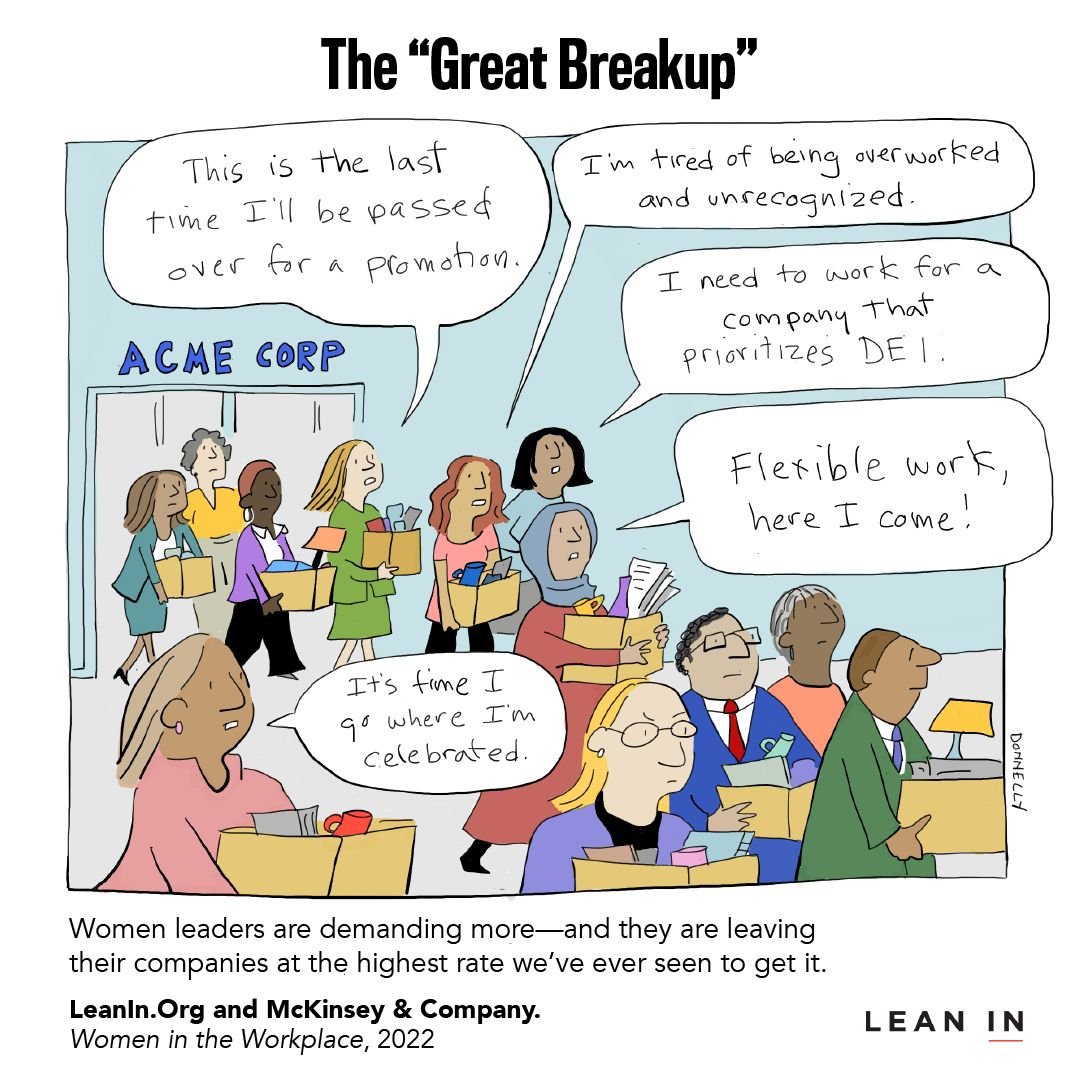Inclusive Education means that all children in a community learn together, regardless of their physical, mental, social, or cultural conditions. It is normal for students to be different.
As Sir Ken Robinson presented in his incredible TED Talk about education:
There are hundreds of initiatives every year to try and improve education. The trouble is, it’s all going in the wrong direction.
There are three principles on which human life flourishes, and they are contradicted by the culture of education under which most teachers have to labor, and most students have to endure.
The first is this, that human beings are naturally different and diverse. (...) I will make you a bet, and I am confident that I will win the bet. If you’ve got two children or more, I bet you they are completely different from each other. Aren’t they? (...) Kids prosper best with a broad curriculum that celebrates their various talents, not just a small range of them. (...)
The second principle that drives human life flourishing is curiosity.
If you can light the spark of curiosity in a child, they will learn without any further assistance very often. Children are natural learners. It’s a real achievement to put that particular ability out or to stifle it. Curiosity is the engine of achievement. (...)
And the third principle is this: that human life is inherently creative. It’s why we all have different résumés. We create our lives, and we can recreate them as we go through them. It’s the common currency of being a human being. It’s why human culture is so interesting and diverse, and dynamic. (...)
We all create our own lives through this restless process of imagining alternatives and possibilities, and one of the roles of education is to awaken and develop these powers of creativity. Instead, what we have is a culture of standardization. Now, it doesn’t have to be that way. It really doesn’t.
It is normal for people to be different. Why are we pushing them to fit in? Inclusive education is a challenge and not a “problem.” It is not about achieving homogeneous groups (to reduce or eliminate differences); it is better to teach students with different interests, abilities, and learning rhythms together.
Inclusive education is not about offering special support for students that we consider “different.” An inclusive center does not take the student out of the classroom to give reinforcements or “therapies.”
Responding to diversity is breaking with the traditional scheme, in which everyone does the same thing, at the same time, in the same way, and with the same materials.
We need to embrace a different perspective. We have to recognize that we are not talking about processes, we are talking about humans, and there are conditions under which people thrive and under which they don't.
"Only when diverse perspectives are included, respected, and valued can we start to get a full picture of the world: who we serve, what they need, and how to successfully meet people where they are.” — Brené Brown.
What are we doing to create an environment of possibility, a broader range of opportunities, cherishing and valuing the uniqueness of every person?
















